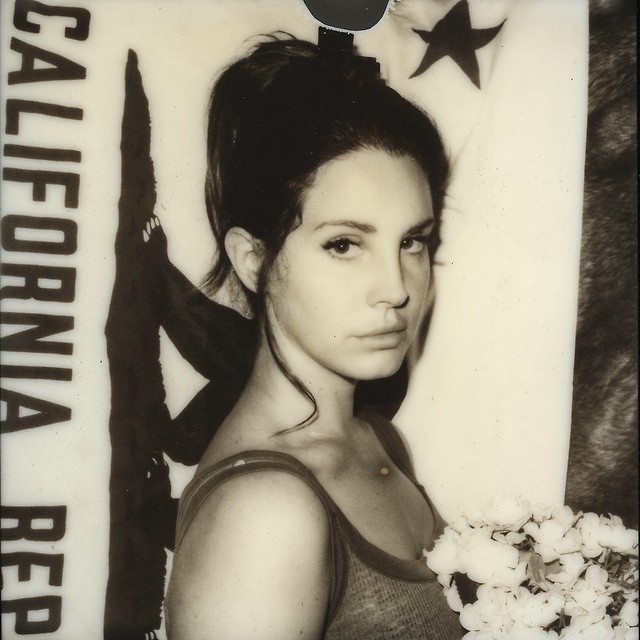Lana Del Rey

Lana Del Rey unabashedly croons "Daddy," nearly cries on SNL, and even has a song called "Lolita." There's no denying Del Rey is a grown woman, a product of her family's wealth (google it), and what the music industry knew would succeed. And this, this consciousness, is what makes her interesting. If Del Rey is what we know to be successful, if her fragility is what society desires in our woman, not strong women with powerful messages but little girls with their trembling manicures crying over bad boys, how can we deny that the twisted Lolita fantasy is a monster of out own making.
Even as we dissect these women for their parts, show where they have stumbled into traps set by the old white men of generations past, we still worship them. So, perhaps in this falsified weakness, this fragility that we call the heigh of femininity, they have succeeded. They own this image, and while their subversion may encourage some stray reinforcement, they have repurposed it to suit them.
Women have broken into industries previously closed off to them not through the classical paths, which, as Virginia Woolf said, are no help to us, but through the binds which once held them down. The modern Lolitas have shown a fault in ourselves and, like any good taboo, this fault fascinates us; we are simultaneously drawn in and repelled. The consequences of this indulgence will reveal themselves with time, but, for now, we suggest slipping deeper into the madness and controlling the monsters of our past by showing them under the bright light of social media and allowing them to disavow themselves.
[Photo via @lanadelrey]


.jpg)
.jpg)



.jpg)
.jpg)
.jpg)




.jpg)